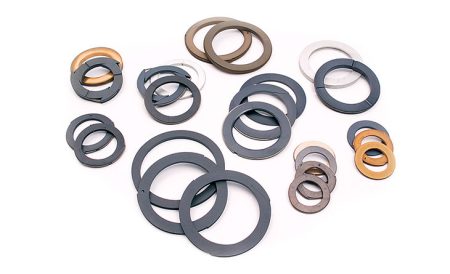One of the best nickel-based steel alloys with strong corrosion resistance is Hastelloy. Forgings made from Hastelloy C276 provide benefits including high-temperature strength in chemically inert atmospheres and vacuums. The Hastelloy C276 forgings have become the steel of choice for corrosion resistance and versatility more so than any other Ni-Cr-Mo alloy. Hastelloy C276 Forgings are resistant to pitting and crevice corrosion due to the high molybdenum content. Due to their low carbon content, welded structures maintain their ability to resist corrosion by having less carbide precipitate during the welding process.
Mostly used in waste treatment, pulp paper manufacture, and chemical processing for pollution management. When strong support and strength are needed, Hastelloy C276 forgings are used in industrial applications. Forging must be produced at a temperature range of 1750 degrees Fahrenheit and 2250 degrees Fahrenheit. These Hastelloy C276 forgings are used in a variety of industries, including those related to architecture and construction, aerospace, nuclear power, fertilisers, valves and pumps, petrochemicals, the motor industry, electronics, transport, the chemical industry, and the pulp and paper industry.
Directional grain flow, structural strength, nearly net form, and component reduction are all benefits of the forging process. The corrosion-causing properties of moist chlorine gas, chlorine dioxide, and hypochlorite can be withstood by these forgings. A wide range of chemical process conditions, including hot and polluted organic and inorganic media, are particularly well tolerated by alloy C276.
Forged Socket Weld of Hastelloy N10276 Its fittings make them appropriate for use in hostile environments and chemical processes. It is chosen in the chemical processing sector, heat exchangers, gas processing, seawater processing, oil and gas refineries, pharmaceutical equipment, condensers, pulp and paper business, food processing, etc. due to its extensive properties.





